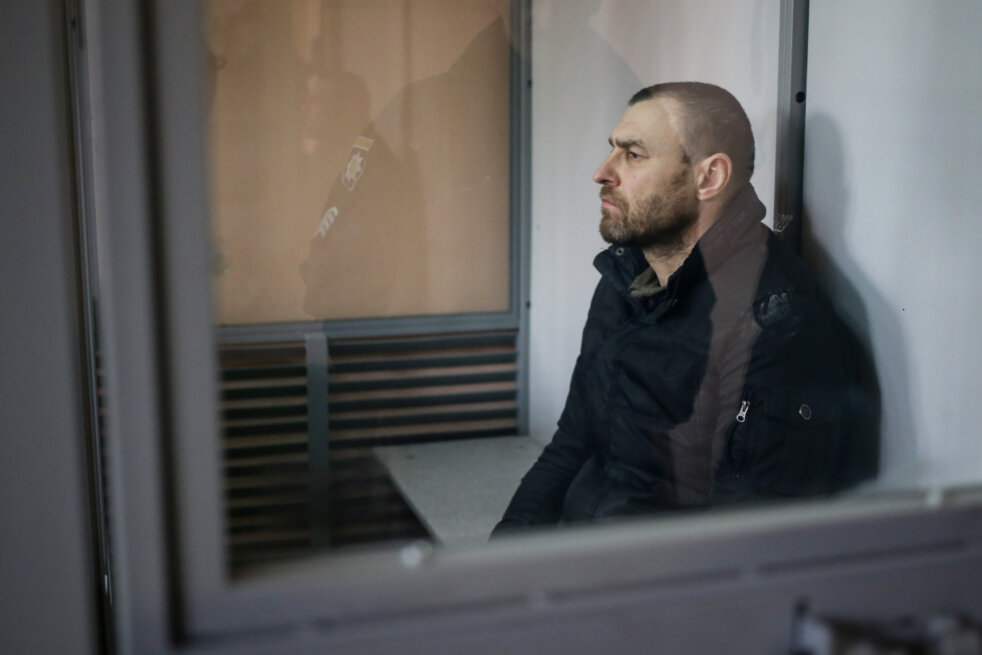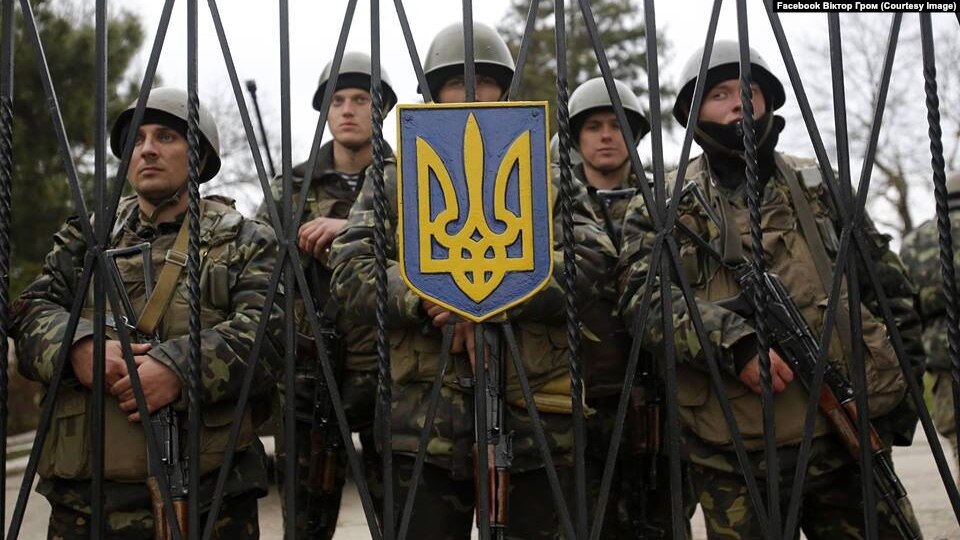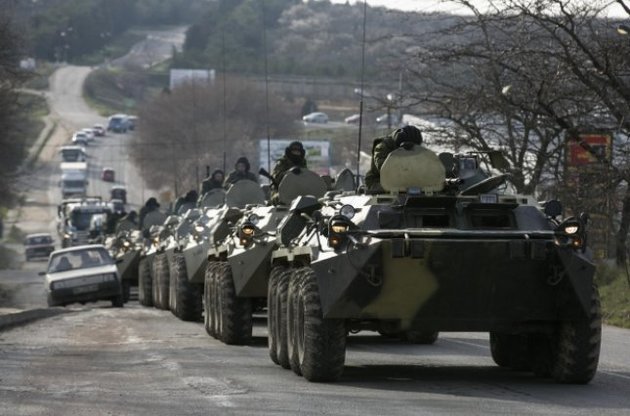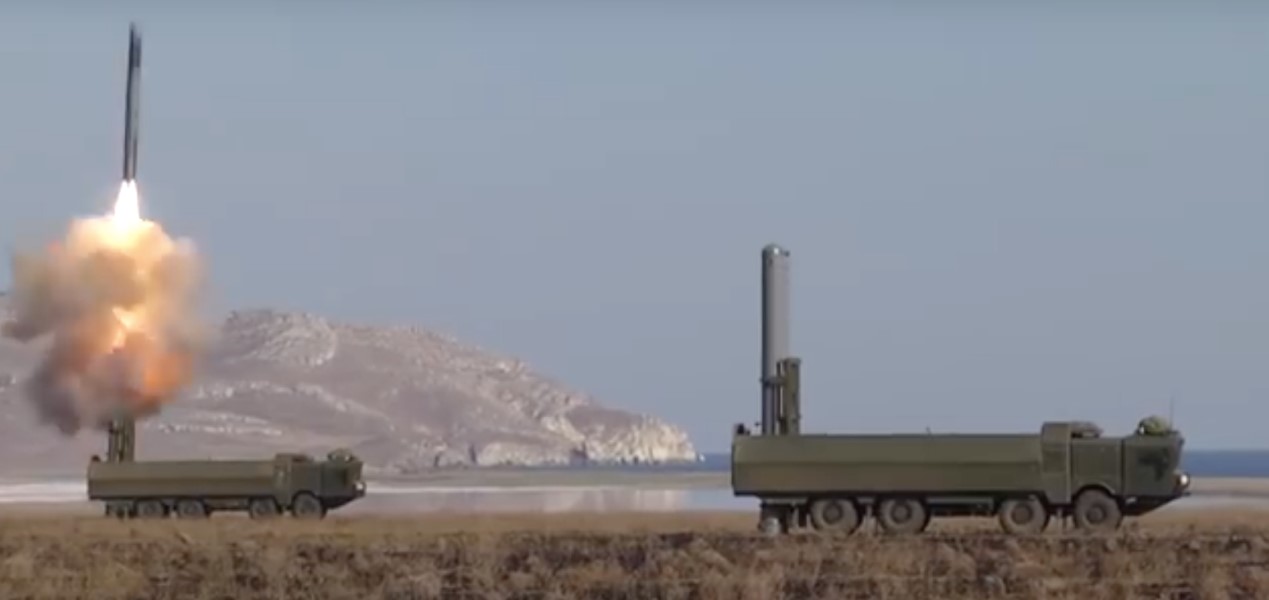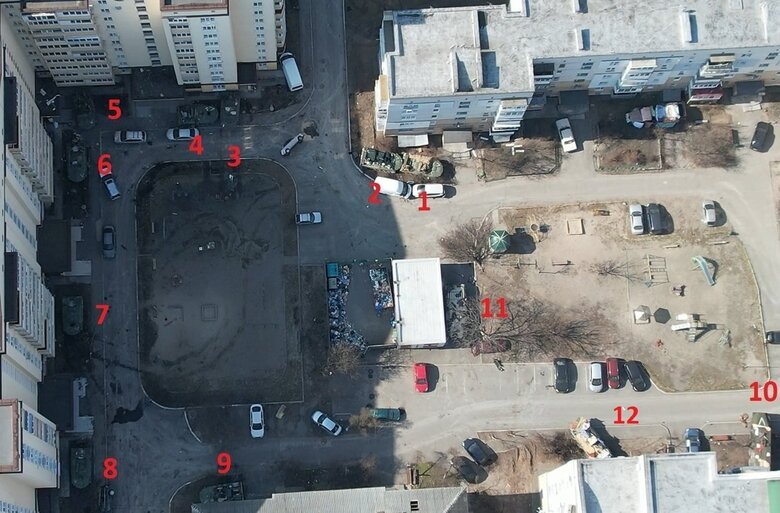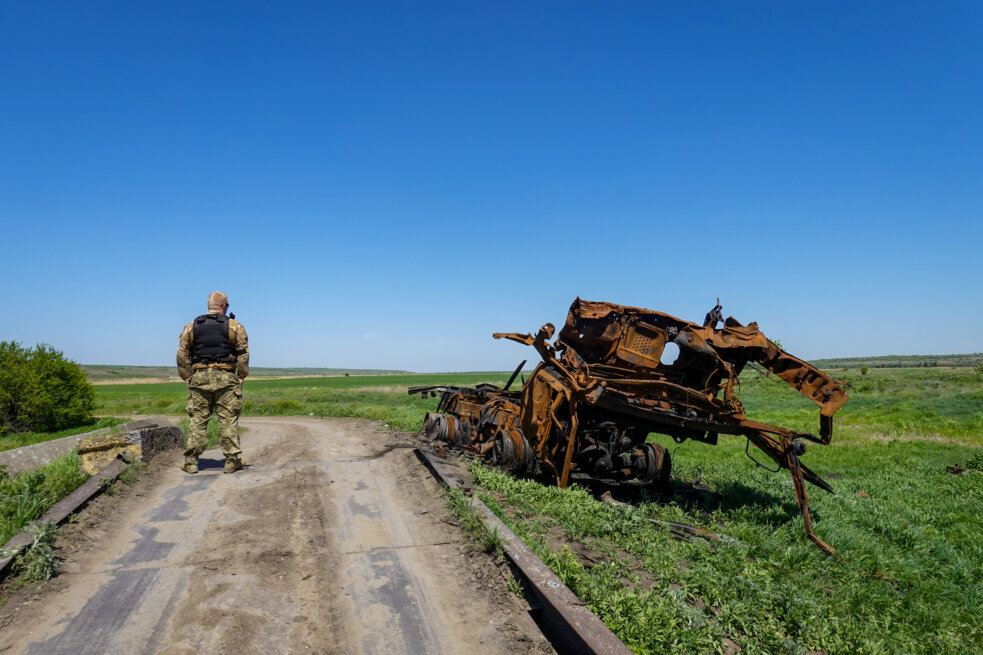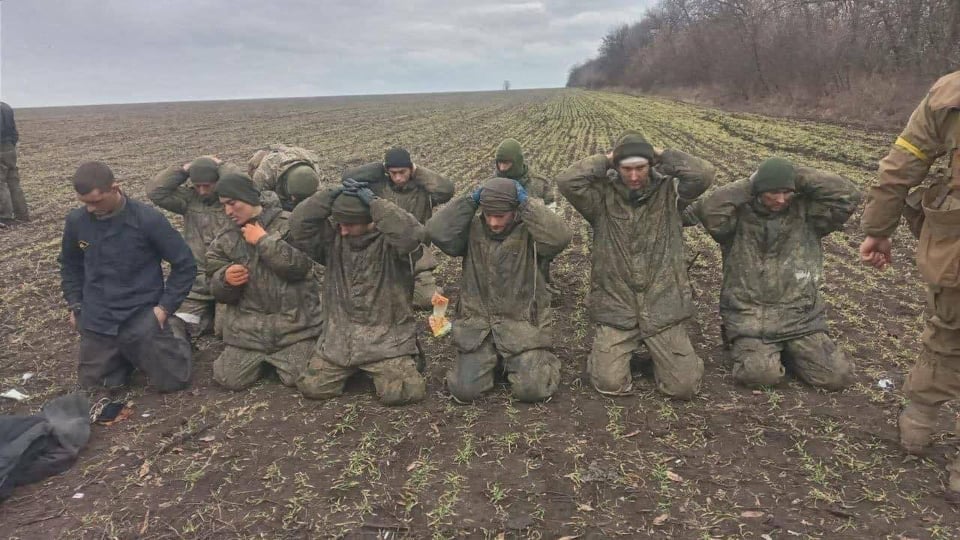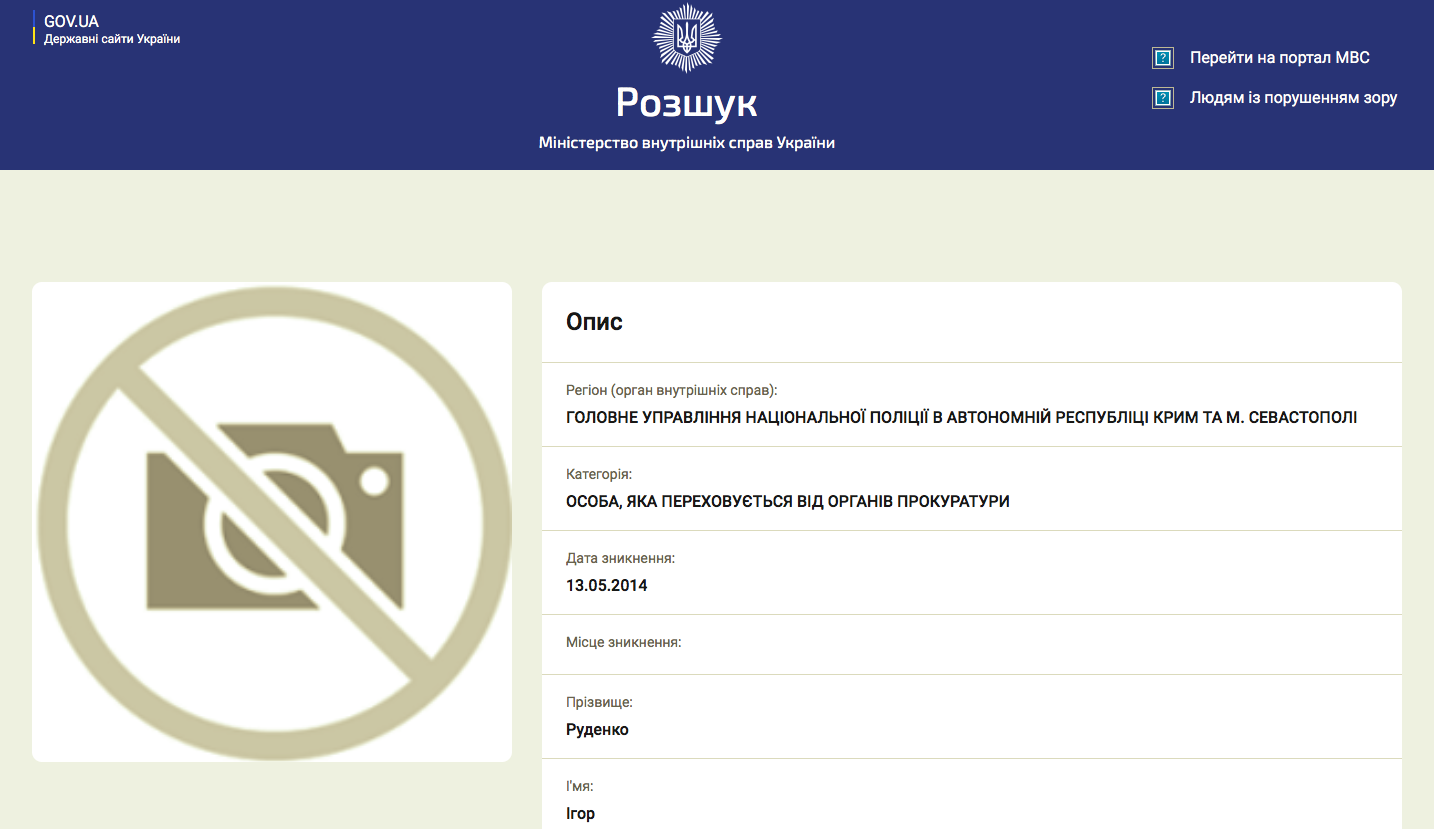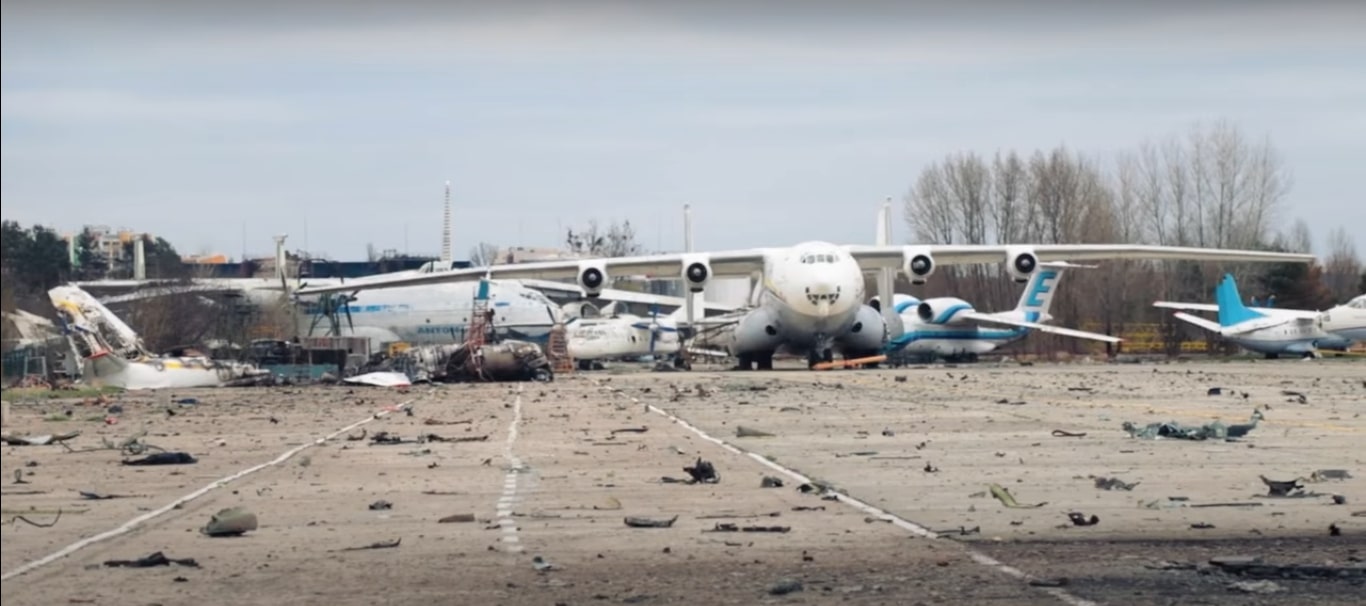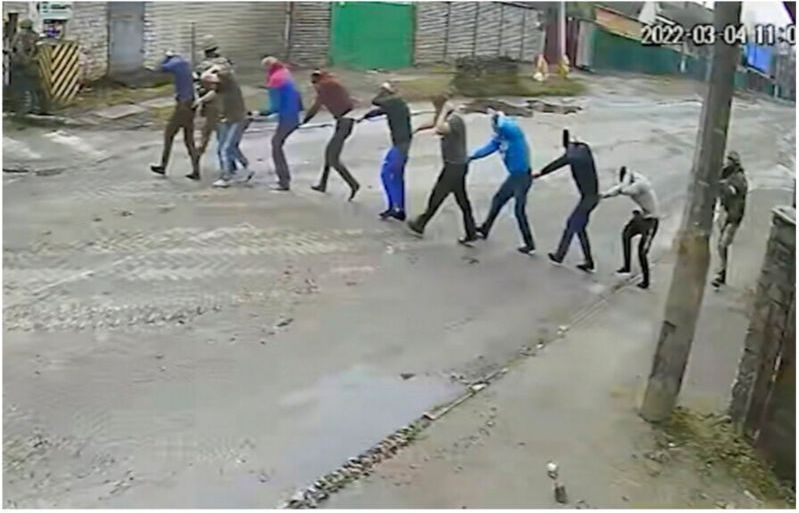According to Oleksandr Turchynov, the acting President of Ukraine at the beginning of the occupation of Crimea: «Out of 13,000 military servicemen of the Armed Forces of Ukraine, 3,900 did not betray their oath. Among the employees of the Security Service of Ukraine, 99 percent became traitors. Among the employees of the Ministry of Internal Affairs represented in Crimea, 99 percent became traitors».
After the beginning of the occupation, most of the traitorous military servicemen, expecting an improvement of the financial situation and the service conditions, transferred to the newly formed military units of the occupying state. For example, after the occupation, Russians formed the 126th separate Brigade of Coastal Defense based on the 36th separate Brigade of Coastal Defense stationed in the village of Perevalne.
Ihor Oleksiyovych Rudenko was one of those military servicemen who betrayed his oath and defected to the aggressor state. The career officer originally from Dnipropetrovsk region served in the ranks of the Armed Forces of Ukraine since 1997. He spent a significant part of his life in Crimea, where he served in the said 36 separate Brigade of Coastal Defense since 2011.
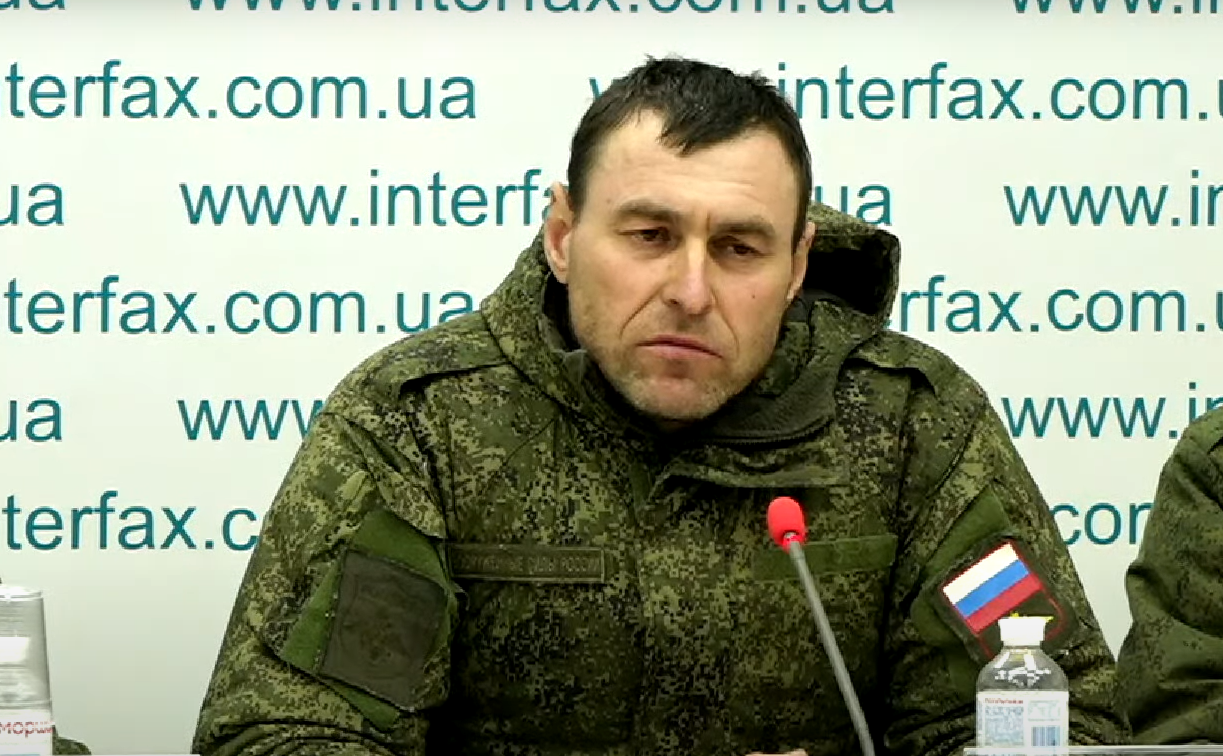
Until 2014, the 36th brigade was the largest land component of the Navy of the Armed Forces of Ukraine. On May 2, 2014, the brigade's military town was surrounded by Russian troops. Brigade commander Serhiy Storozhenko immediately ordered to lay down arms and surrender the brigade, thus betraying the oath. However, most of the military servicemen, led by the commander of the mountain infantry battalion Yurii Holovashenko, refused to carry out criminal orders and took up a circular defense. Part of the military servicemen of the brigade led by Yurii Holovashenko remained loyal to the oath and moved to the mainland of Ukraine at the beginning of April. However, the majority, together with the brigade commander Serhiy Storozhenko, remained on the territory of the occupied peninsula.
After defecting to Russia, the expectations of the traitors were in sharp contrast with reality. Instead of the desired status of heroes, they faced with contemptuous attitude, disrespect and the reputation of «unreliable» on the part of their Russian leaders. The former Ukrainian military from Crimea felt the real consequences of their own betrayal 8 years later, when the Russian Federation launched a full-scale invasion of the mainland of Ukraine. «Crimean units» also took an active part in this crime.
 Ukraine, 56100, Mykolaiv region, Bashtanka district, Bashtanka
Ukraine, 56100, Mykolaiv region, Bashtanka district, Bashtanka
 2022-03-01
2022-03-01
